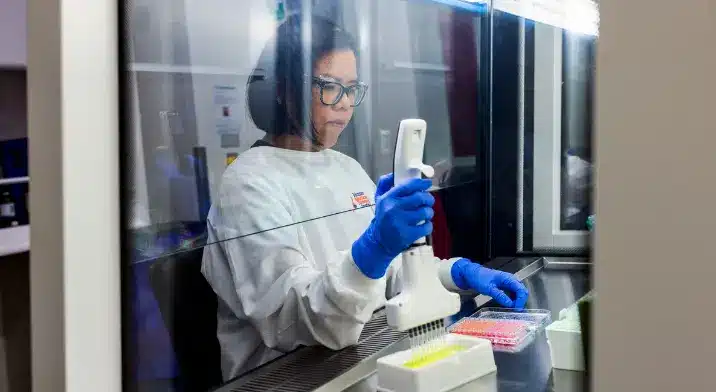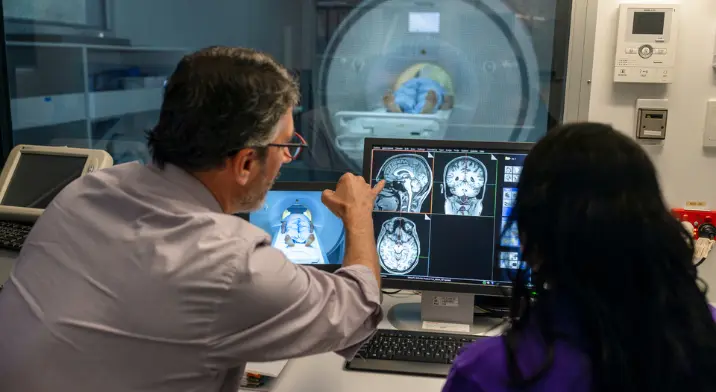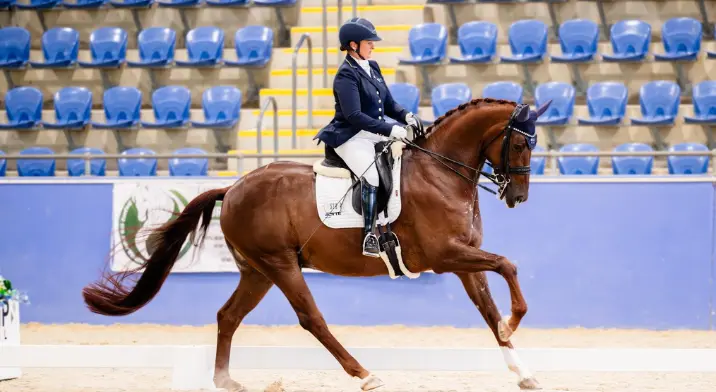Dr David Skerrett-Byrne’s research is dedicated to understanding the molecular mechanisms governing the sperm of fertile and infertile men and transmitting environmental stress signatures to sperm (epigenetics). The goal is to lift laboratory andrology from its descriptive past and deliver an impactful molecular future by translating findings to transform the clinical assessment, management, and sexual empowerment of people of reproductive age.
He aims to achieve this vision through innovative ideas, centred around the epididymis; a highly specialised region of the male reproductive tract which endows sperm with molecular signatures to define fertility and programming of offspring health. He incorporates cutting-edge multiomics platforms, established environmental stress models, patient samples, and novel drug targets to deliver significant new knowledge addressing three key medical aims:
1) Elucidating the male stress contribution to embryo and placental development, through to health effects on the next generation
2) Development of non-hormonal male contraceptives
3) Biomarkers for healthy sperm selection
He is rapidly emerging as an internationally recognised leader in male reproductive biology, reflected in >40 research articles (>800 citations, from 160 institutions in 47 nations) across multidisciplinary top-tier journals such as Cell Reports (first/corresponding author), and Molecular and Cellular Proteomics (first author). He currently supervises 3 PhD students and has attracted >$2.5 million in competitive grants (>$2.3 million as AI), >10 invited talks including the highly prestigious international quadrennial Congress on the Epididymis (Germany ’22), Australian and NZ Placental Research Association (Australia ‘23) and the European Society for Evolutionary Biology (Netherlands ‘24).













